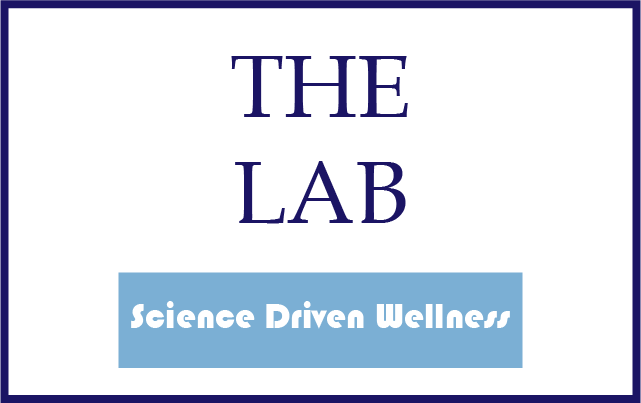May 26, 2025
The Importance of Biochemistry for Health: The Foundation of Life and Wellness
Biochemistry is the science that explores the chemical processes and substances that form the basis of life. It is the invisible engine that powers every cell, organ, and system in the body. The study of biochemistry reveals how nutrients are transformed into energy, how the body defends itself from disease, and how even the smallest imbalances can affect overall health. Understanding biochemistry is key to appreciating how the body works and why choices about food, lifestyle, and medicine have such profound impacts on well-being.
Biochemistry: The Language of Life
Every living thing, from the simplest bacteria to the most complex human, depends on countless chemical reactions. Biochemistry is the language these reactions use. It explains how DNA stores genetic information, how cells communicate, and how the body repairs itself after injury. Proteins, carbohydrates, fats, vitamins, and minerals are all part of this intricate system, interacting in ways that are both elegant and essential.
